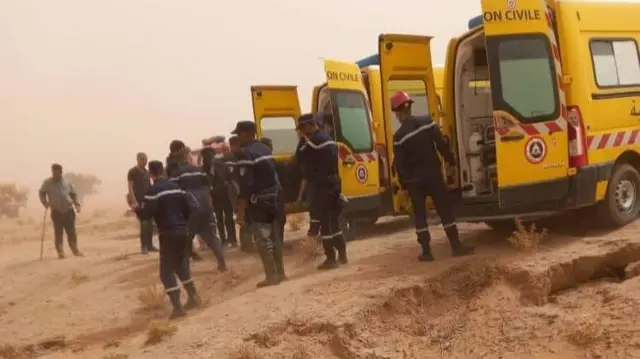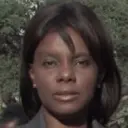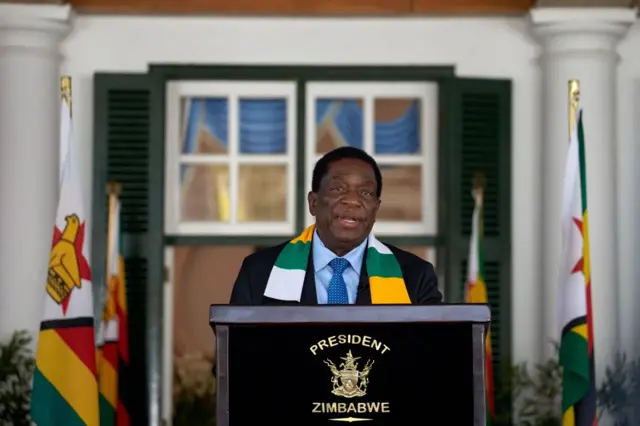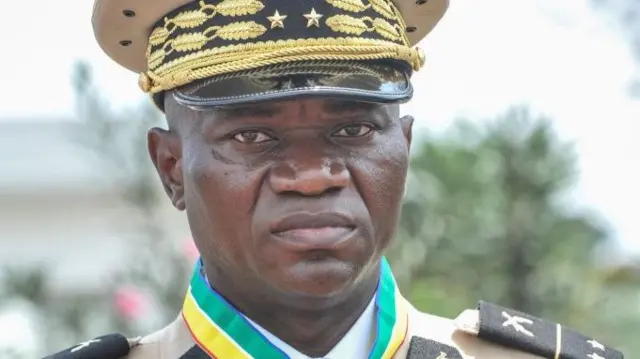France insists its troops will stay in Nigerpublished at 08:30 BST 4 September 2023
Cat Wiener
BBC World Service newsroom
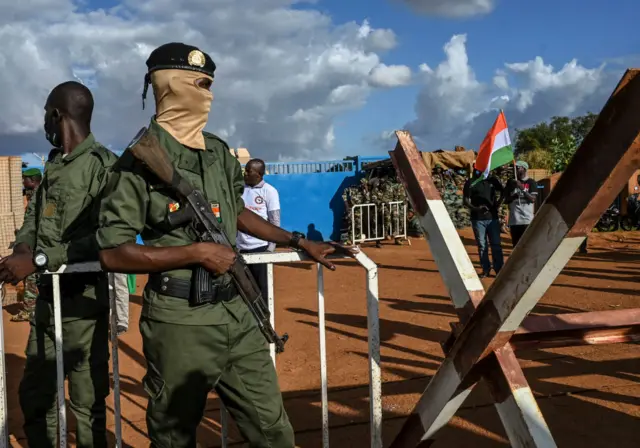 Image source, AFP
Image source, AFPThe foreign minister of France has reiterated her country's commitment to maintaining troops in Niger and keeping the French ambassador in place.
The military leadership in Niamey demanded the envoy's expulsion more than a week ago.
Catherine Colonna told Le Monde newspaper that the ambassador Sylvain Itte was the French representative to Niger's "legitimate authorities" - the deposed government of President Mohamed Bazoum.
Ms Colonna was speaking as tens of thousands of demonstrators took to the streets of Niamey for a third consecutive day near a French military base.
They again called on the former colonial power withdraw its troops.
France has about 1,500 soldiers stationed in Niger to help quell an Islamist insurgency in the Sahel region.
